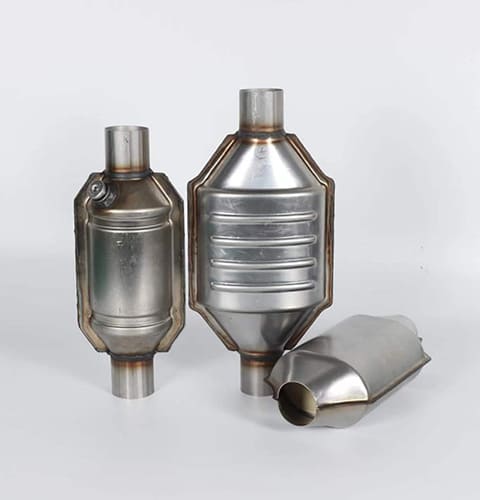Gasoline Particulate Filters (GPFs), a critical component in modern gasoline engines for reducing emissions, eventually reach the end of their service life. Proper recycling and disposal of GPFs are crucial, not only for environmental sustainability but also for recovering valuable materials. Around the globe, various best practices are being adopted to manage the lifecycle of GPFs effectively. Understanding and implementing these practices is essential for any business involved in the automotive industry, ensuring environmental responsibility and compliance with international standards.
The recycling and disposal of GPFs involve processes that minimize environmental impact while recovering useful materials. These practices vary globally, reflecting different regulatory environments and technological capabilities.

Best Practices for GPF Recycling and Disposal:
- Material Recovery: Many GPFs contain precious metals like platinum, palladium, and rhodium. Specialized recycling processes are used to recover these metals.
- Safe Disposal of Non-Recyclable Parts: Parts of GPFs that cannot be recycled must be disposed of safely. This includes following local regulations on hazardous waste to prevent environmental contamination.
- Use of Advanced Recycling Technologies: Utilization of cutting-edge technologies for recycling helps in maximizing material recovery and minimizing environmental impact.
International Approaches to GPF Recycling:
- European Union: The EU has stringent regulations for automotive waste management, encouraging recycling and responsible disposal of automotive components, including GPFs.
- United States: The US has various state-specific regulations and encourages recycling through incentives and certifications for responsible recycling practices.
- Japan and South Korea: These countries are known for their advanced recycling technologies and efficient waste management systems.

Impact of Effective GPF Recycling and Disposal:
- Environmental Sustainability: Proper recycling and disposal practices reduce the environmental impact of discarded GPFs, aligning with global sustainability goals.
- Economic Benefits: Recovering precious metals from GPFs can offer significant economic benefits.
- Regulatory Compliance: Adhering to best practices ensures compliance with international and local environmental regulations.
Conclusion
Globally, the recycling and disposal of GPFs have become a significant aspect of automotive waste management. By adopting best practices for material recovery and safe disposal, businesses can contribute to environmental sustainability and derive economic benefits. Staying informed about and compliant with global standards and technologies in GPF recycling and disposal is vital for any business in the automotive sector, ensuring responsible and efficient management of these critical components.


